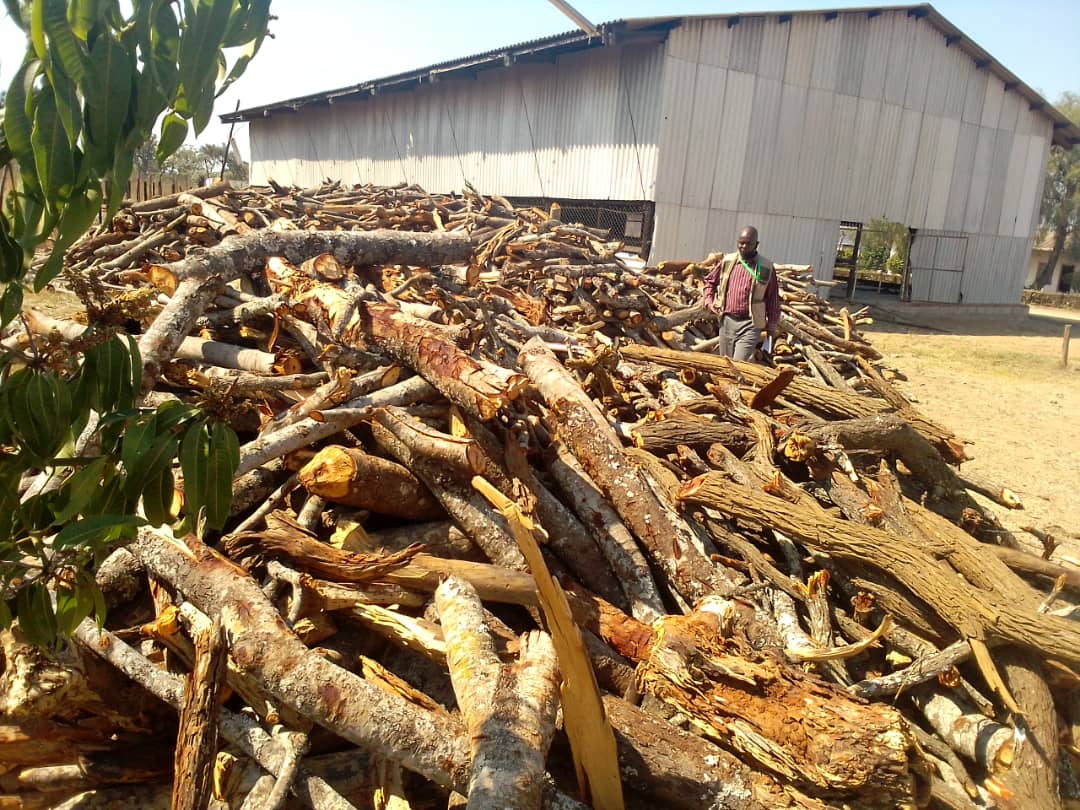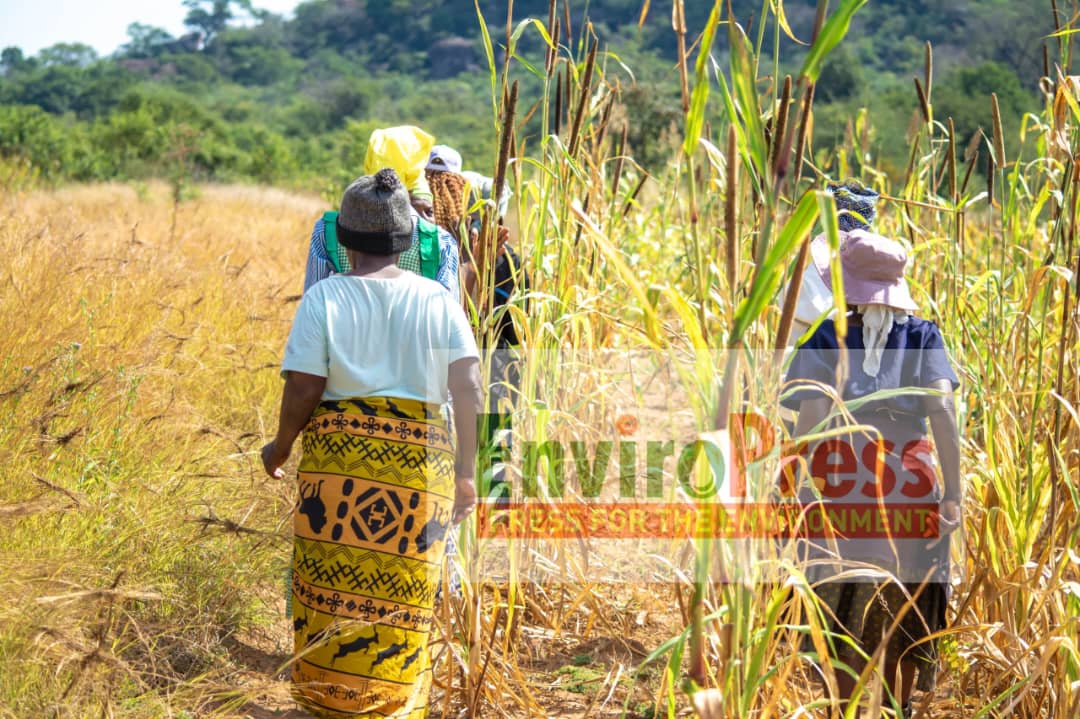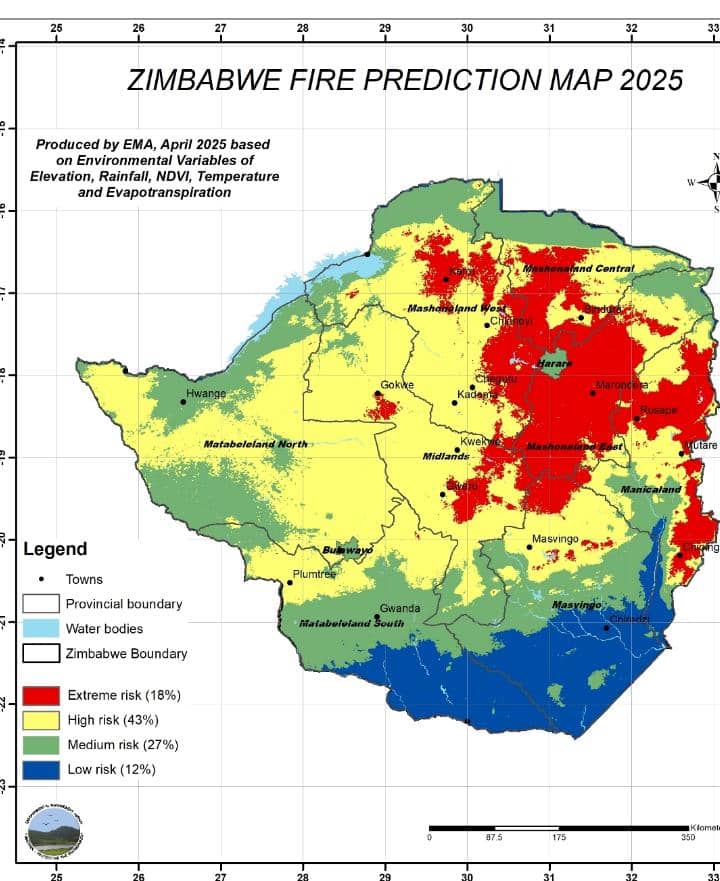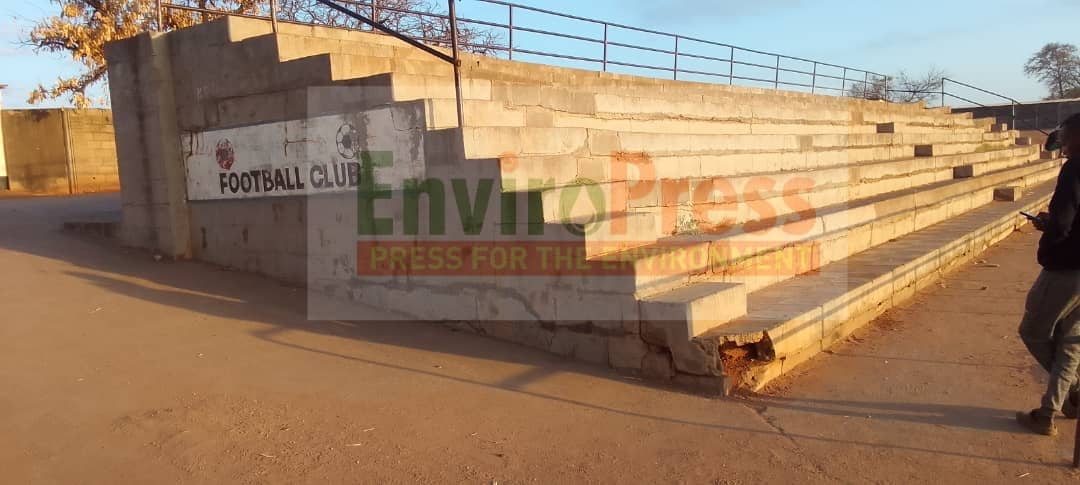Martha Leboho
In many cases, the coronavirus pandemic resulted in an increase of over-dependency on natural resources for survival, with more sustainable livelihoods having been eroded by different levels of lockdowns over a protracted period.
Such dependence is affecting many forms of natural resources including trees which are increasingly getting destroyed for firewood as access to cleaner energy sources remains very low for the majority.
The firewood is sold mostly in urban areas and rural business centres where residents are the most exposed to the impact of the ongoing electricity blackouts.
Forestry Commission of Zimbabwe Masvingo acting provincial manager Edwin Machokoto revealed that 11 culprits were arrested over deforestation in Chiredzi in a single week.
“Deforestation is rampant in Chiredzi and Bikita where people rampantly engage in charcoal production. In Chiredzi we have arrested 11 culprits over deforestation and they have been fined between $20 000 and $50 000,” said Machokoto.
He went on to urge the public to desist from cutting down trees for charcoal production as this will attract severe punishment.
“We are doing awareness campaigns together with our local authorities. We are also enforcing our legal instruments like the Forestry Act and SI 116/2012 to try and stop the ongoing charcoal production in these districts.
We are also partnering traditional leaders, the police and local authorities in disseminating information and bringing awareness to the public that those that are caught on the wrong side of the law will be punished severely in accordance with the law,” he said.
Estimates are that deforestation increased during the hard lockdown period as people searched for alternative sources of income and energy. However as normalcy returned at end of 2021, the country began to witness a gradual increase in interventions to protect the environment.
The Food and Agriculture Organization (FAO) together with the Ministry of Environment, Climate, Tourism and Hospitality Industry recently partnered other stakeholders to launch a US$10.4 million project under Global Environment Facility (GEF-7).
The project will promote the Sustainable Forest and Land Management in Dryland Landscapes in South Eastern Lowveld of Zimbabwe, the objective being to promote sustainable management of Miombo and Mopane in Save and Runde sub-basins.
Apart from deforestation, other issues of concern within the province are illegal mining, streambank cultivation, gully erosion and veld fires.
The implementation of the GEF-7 Dryland Sustainable Landscape Impact Program will promote sustainable practices in harvesting natural resources in the province, reverse land degradation, and strengthen coordination mechanisms among actors responsible for land management.








